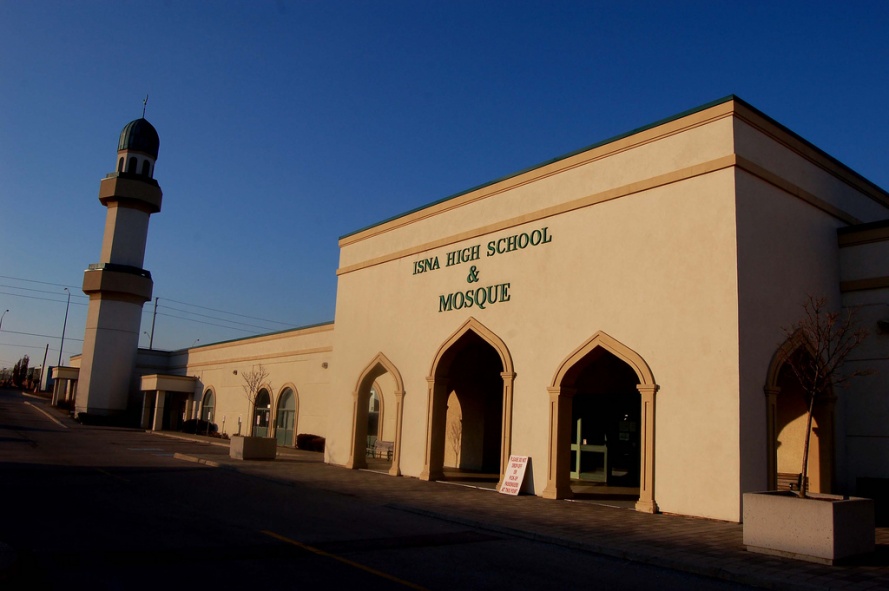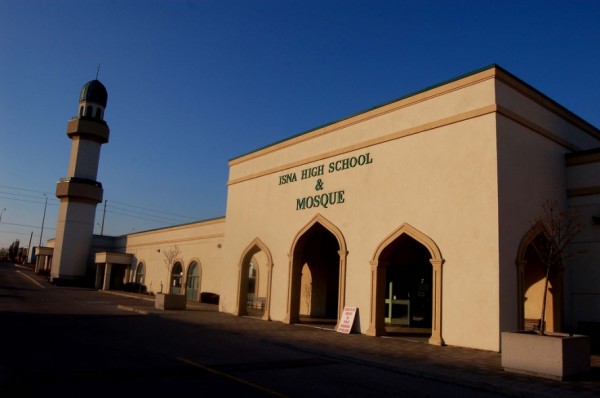
Islamic Society of North America High School & Mosque in Canada

CAIRO – The Muslim minority in Canada is still facing negative perceptions a decade after the 9/11, a national survey has found, reflecting a widespread unease towards Muslims in the West.
“Most of these perceptions are built around images that people see globally,” Jack Jedwab, executive director of the Association for Canadian Studies (ACS), told theVancouver Sun on Sunday, October 16.
The ACS survey found that Muslims remain the biggest minority group that is seen negatively in Canada.
Only 43 percent of respondents expressed “very positive” or “somewhat positive” perception about Muslims.
The percentage is less than the atheists, who have a very positive perception by 60 percent of respondents, or aboriginals who are positively perceived by 61 percent.
The poll, which included 2,345 people, found that the negative perception of Muslims is much deeper in Quebec, the country’s largest province, than any other Canadian cities.
Only 35 percent of respondents from Quebec had “very positive” or “somewhat positive” perceptions of Muslims.
Quebec has been gripped by heated debates about the wearing of hijab after several Muslim girls were thrown off pitch over wearing the headscarf.
The minority group that got the highest positive perception was the Chinese (75%), followed by Protestants, Blacks and Hispanics/Latin Americans (74%), Catholics (73%), Jews (72%) and francophones (70%).
The category “immigrants” prompted positive responses from 68 percent of those surveyed.
The poll was conducted between Sept. 20 and Oct. 3 and had a margin of error of two percent.
Global View
Jedwab believes that the poll results reflect the widespread unease towards Muslims a decade after the 9/11.
He said the prevailing view a decade ago was that promoting social harmony would depend on overcoming language conflicts or easing general tensions between “whites and all visible minorities.”
Instead, “what’s emerging now is a focus on Muslims vs. non-Muslims,” he said.
“The outlet for people’s prejudice has been displaced by the focus on Muslims.”
Previous polls conducted in Britain and the United States have shown similar negative perceptions of Muslims.
The similar findings in other Western nations “suggests this isn’t a Canadian-specific issue,” said Jedwab, calling for global efforts to help change the anti-Muslim perceptions.
“I’m not saying we shouldn’t have programs” and policies in Canada to improve general perceptions of Muslims, he said.
“But the impact of those programs is limited if we don’t have global cooperation.”
Muslims make around 1.9 percent of Canada’s 32.8 million population, and Islam is the number one non-Christian faith in the Roman Catholic country.
A survey has showed the overwhelming majority of Muslims are proud to be Canadian.



